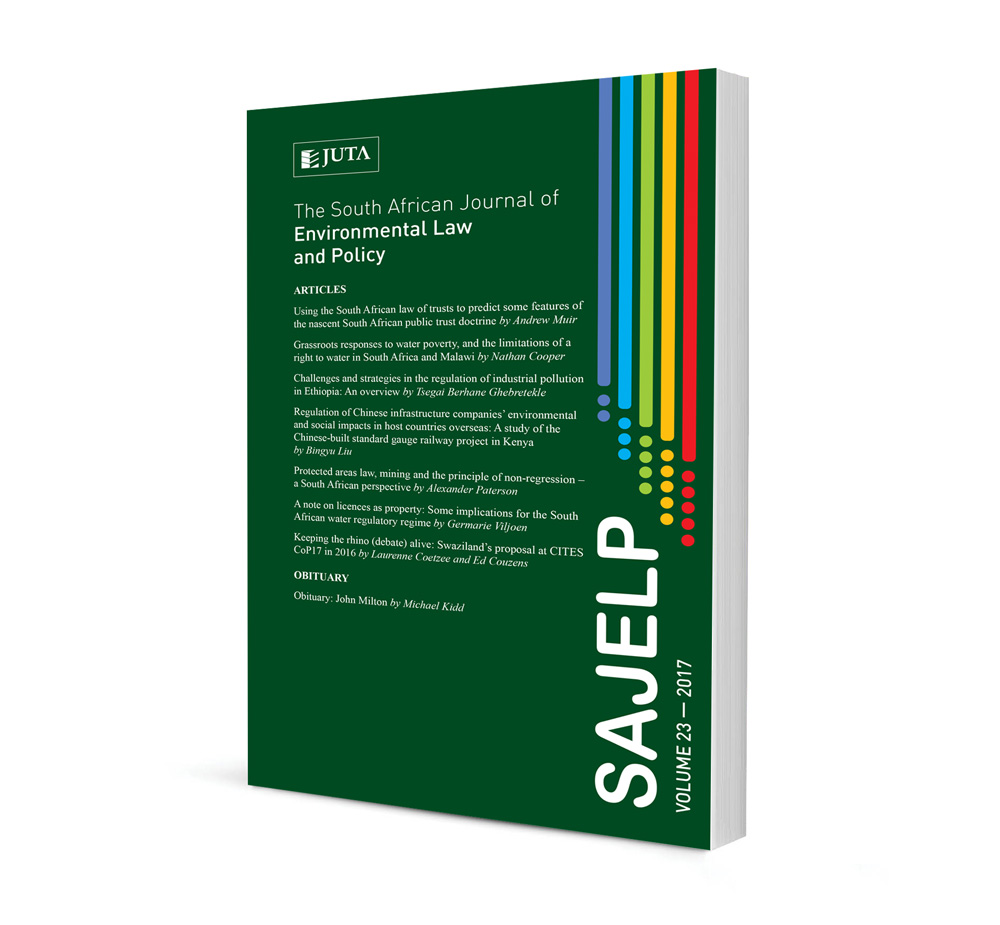Abstract
China’s Belt and Road Initiative (BRI) is expected to link the world to a gigantic trade and investment corridor, with China at the centre of the new multilateralism. Since its announcement in 2013, China has taken significant steps to actualise its vision through massive investment in infrastructure in the belt-road regions supported by Chinese financial institutions, including the Asian Infrastructure Investment Bank (AIIB). Critics argue that BRI is a covert means for China to exert greater influence on the global trade and investment landscape but China has countered this. Nevertheless, emerging evidence indicates that, beyond the promotion of trade and investment, China is using BRI to export overcapacity, internationalise renminbi, promote cultural diplomacy, secure resources and redefine the global order. Hence, African countries stand in danger of neocolonialism unless they optimise the partnership with China to foster a win-win situation. In particular, African countries must recognise the significance of deft management of unsustainable Chinese loans that may entrap them in future, embedding more transparency in contract bidding for infrastructure investment, insisting on capacity building and skill spillovers and ensuring that transnational dispute settlement with Chinese enterprises is adjudicated in a neutral venue, if African courts lack the jurisdiction to entertain the matter.


